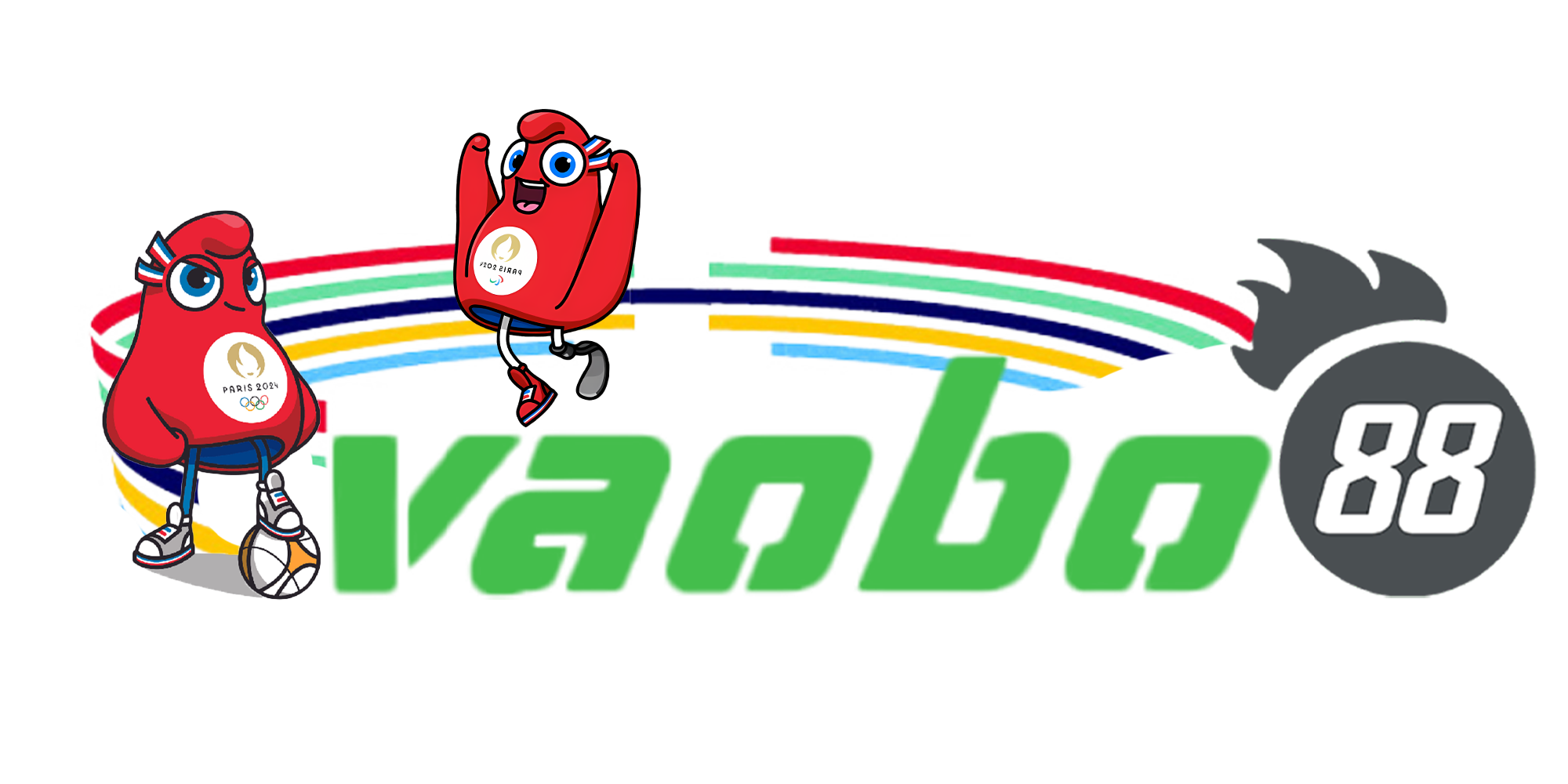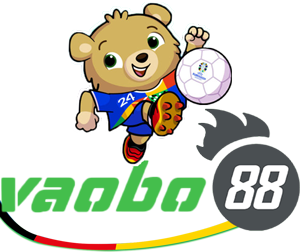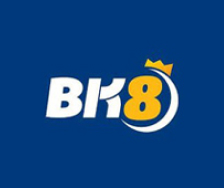If you love the game of Poker and frequently participate in card rooms, you definitely need to memorize the Poker terms to avoid feeling lost at international tables.
This is something that is often forgotten or intentionally overlooked because it is considered too easy to learn.
This mistake can cost you dearly when you make incorrect bets, misjudge situations, or are laughed at for being unprofessional.
Poker Terms for Positions at the Table
At a Poker table, we need to follow the rules of dealing cards and executing actions… you should know that positions in Poker are also very important.
- Dealer or Button: You usually understand Dealer as the person dealing the cards, but in Poker, this term refers to the position of the dealer, who has the most advantage as they always act last in a betting round (except for the first round, Pre Flop). This position is also not fixed and will have a ‘D’ marker on the table.
- Blinds – blind bets: There are 2 positions, Small Blind and Big Blind, which are the small and large blind bets. These two positions are to the left of the Dealer and will place the blind bets first in each hand.
- Under The Gun (UTG): This is the player sitting to the left of the Big Blind, and will be the position to initiate the betting rounds. Continuing clockwise are: UTG+1, UTG+2…
- Cut off or CO: The player to the right of the Dealer, this position is also extremely advantageous as they will bet near the end.
- Early Position or EP: The first position at the table, which belongs to the group that must act first in each hand.
- Middle Position or MP: Refers to the group sitting in the middle of the table, their actions also belong to the middle group.
- Late Position or LP: Refers to the group sitting at the end of a betting round.

Note: All positions above are counted according to the ‘D’ (i.e., the dealer position). The ‘D’ is not fixed, so in each hand, each player will receive a different position.
Poker Terms for Playing Methods
When you sit at the table, you will also be introduced to “special” symbols such as:
- Tight: Refers to players who are quite solid and safe.
- Loose: A term for players who can be understood as very liberal, not calculating safety tightly.
- Aggressive: Players who often choose Raise rather than Call or Check, even if they are not sure they have many outs.
- Passive: Completely opposite to Aggressive, these are players who only like to Call or Check even when holding strong hands.
- Tight Aggressive (TAG): Solid players, if they Raise or go All in, they definitely have a strong hand.
- Loose Aggressive (LAG): Aggressive but not necessarily holding a strong hand, they like to Raise or will Call even with hands that have no outs.
- Rock: Players with extremely solid hands, almost guaranteed to win when they show their cards.
- Maniac: Very aggressive, will play to the end in every hand (almost indifferent to winning or losing).
- Calling Station: Refers to players who always Call until the end, even going All-in when they run out of chips.
- Fish: Players who always lose, can also be understood as quite inexperienced.
- Shark: Experts, with strategic Poker playing methods, high winning rates.
- Donkey (Donk): A term used to mock or criticize poor players.
- Hit and Run: Winning and immediately leaving the table, not giving opponents a chance to recover.

Poker Command Terms
Types of Bets in Poker can also be understood as Poker terminology regarding players’ choices in each betting round:
- Check: The choice not to Bet further but to See what others do before deciding. You can only choose Check when the betting amounts of all players are equal.
- Raise: The act of increasing the common bet so that others must either Call or Fold.
- Call: To match the bet of the player immediately before you.
- Fold: To not continue betting, accepting to lose from the moment of choice. You will lose all previous bets.
- Bet: To put the first bet into the POT (only the actions of Small Blind and Big Blind are called Bet).
- All-in: To put all the money you have into the common POT. This is a style of play where you either win everything or lose it all.
- POT: Not only in Poker but also in many other games, this term is used. It refers to the common prize pool of the table, but it belongs solely to the winner.

Poker Terminology for Cards
Finally, what you need to pay attention to are the terms related to the cards, the connections of the cards when playing.
- Deck: The deck used for playing Poker (52-card deck).
- Burn / Burn Card: The top card, which is discarded before dealing the hole cards.
- Community Cards: 5 shared cards dealt face up for everyone at the table to see.
- Hand: The combination of cards in the game.
- Hole Cards / Poker Cards: The hole cards, 2 cards for each player.
- Made Hand: A combination or hand in Poker, strong hand. Refers to two pairs or more.
- Draw: Refers to waiting for cards to complete a hand, this is the principle for calculating Outs.
- Monster Draw: A hand with multiple ways to complete, such as waiting for a flush – straight from both ends, flush – full house from both ends, or straight – pair from both ends.
- Trash: Non-drawing cards, junk cards, no outs.
- Kicker: The deciding card for victory, appears when there are 2 identical poker hands.
- Overpair: The hole cards have a pair higher than all 5 community cards.
- Top pair: The highest pair formed by the hole card and the community card (higher than all other cards).
- Middle pair: A pair formed from the hole card and community card that is of medium strength.
- Bottom pair: A pair formed from the hole card with the lowest community card on the table.
- Broadway: A straight from 10-J-Q-K-A.
- Wheel: A straight from A-2-3-4-5.
- Suited connectors: Consecutive cards of the same suit.
- Pocket Pair: Two hole cards that are a pair.
- Nuts: The strongest hand.
Conclusion
Above are all the Poker terms you will encounter when choosing to play this type of card game at reputable Poker apps.
If you want to pursue a professional path, having a basic knowledge of these terms is essential.
Additionally, understanding how to read Poker hands and how to calculate Equity in Poker is also an important factor to help you advance to a professional player.








